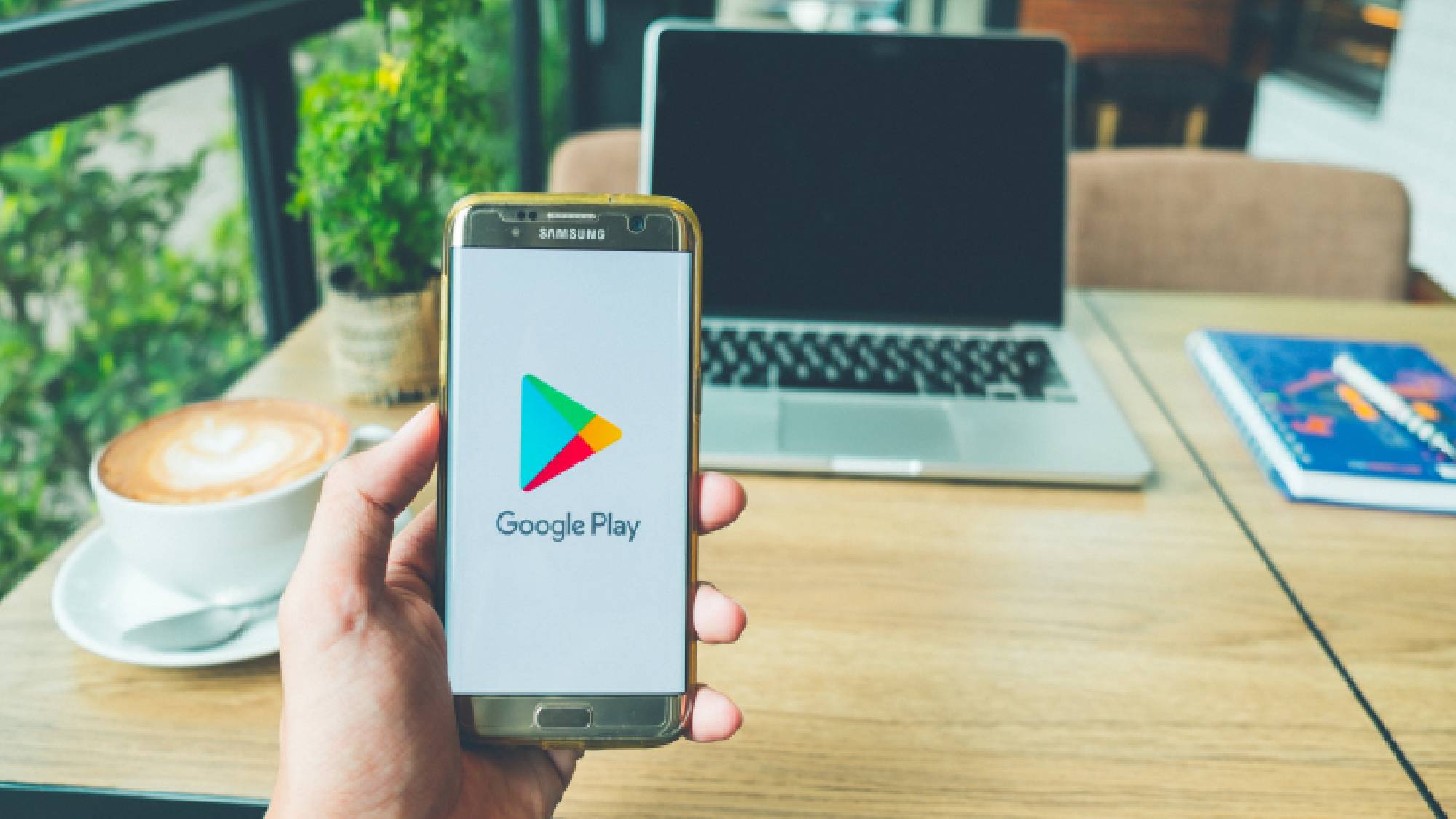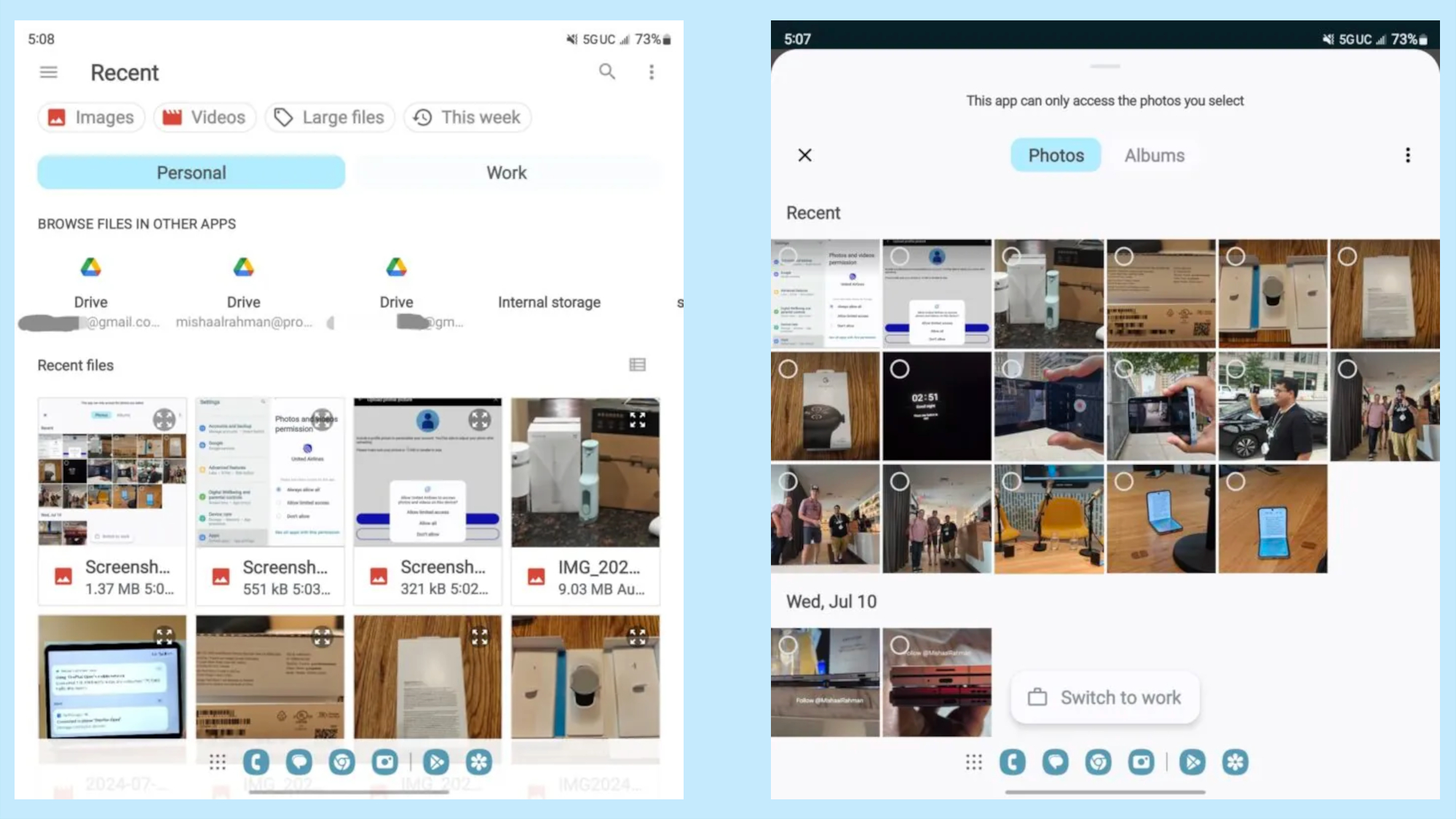Android phones are about to get a big security upgrade to protect your photos

It seems that Google Play is changing the rules for its apps to better protect your privacy regarding photos and videos.
The change revolves around Google's Photo Picker API, which was introduced during Android 13. The program functions as a privacy-preserving method for apps that access photos and videos stored on a device and is very similar to how Apple works. While many Android apps don't need full access to the images stored on a device, they will still request it. This is where the Photo Picker comes in, as it gives the user far more control over what the app can see and access, and it looks like Google is taking away developers' choices.
Google announced last October that it would eventually crack down on apps that didn't use the software. The goal was to initially have it so that only apps with core functionality could access the entire gallery. In contrast, others would need to allow users to select the images they wanted to share. Thanks to the original report from Android Authority, we have a picture of the file picker and the photo picker.

The most significant difference is that you are in total control of what the app can see and what it has access to. For instance, if you download WhatsApp and want to send an image. Rather than needing to give the app full access to your gallery, you can select exactly which pictures you want to be able to share. It allows for more overall privacy, but the feature has some issues. For instance, it doesn't currently have a search feature (although one is in the works) and won't display local albums created by Android apps. Finally, there are no filtering or sorting options, so finding older images can take a while.
Google is working to limit how much data is being seen by other apps, which feels slightly ironic considering the recent news regarding the Pixel 9. It was reported that the phone was sending a lot of information to Google without consent. These data packets include information like location and network status every 15 minutes. However, this isn't abnormal for modern devices, and the lack of user authorization is confusing. However, Google stated, " User security and privacy are top priorities for Pixel."
These kinds of enforcements can be hard to notice while using the best Android phones, other than a change in the UI. However, the question is if we are willing to suffer some degraded functionality for more privacy.
More from Tom's Guide
- OnePlus 13 image leaked — here’s our first look at the flagship phone
- Samsung Galaxy Z Fold 6 SE launch date just tipped — and it’s much sooner than we thought
- Google Photos tipped for big changes — including a new 'Timeline' feature
Get instant access to breaking news, the hottest reviews, great deals and helpful tips.

Josh is a staff writer for Tom's Guide and is based in the UK. He has worked for several publications but now works primarily on mobile phones. Outside of phones, he has a passion for video games, novels, and Warhammer.










